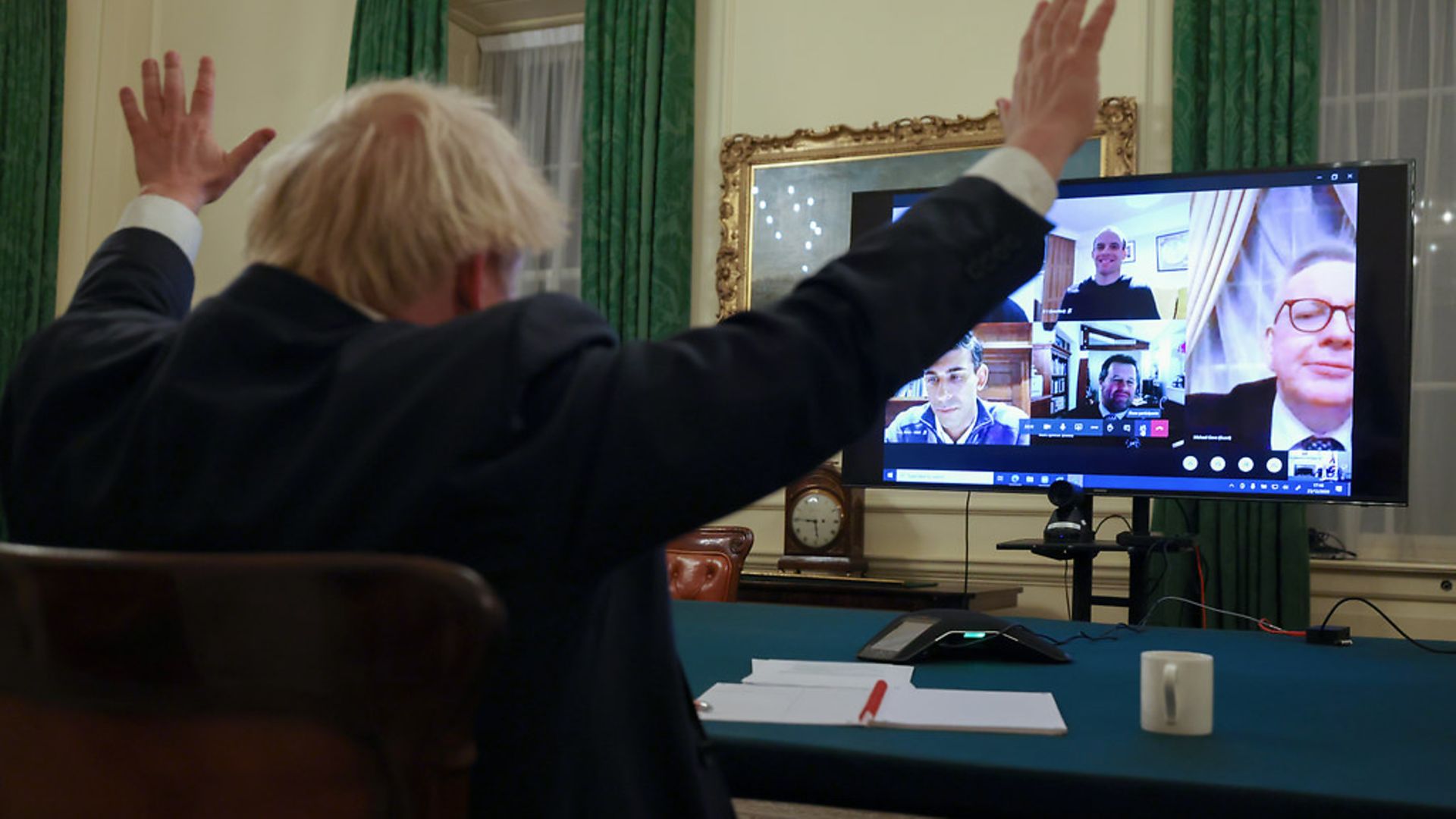
A rethink is already needed over the government’s free trade agreement.
It is already becoming obvious, less than a month in, that the current free trade agreement is not sustainable. As one example, Northern Ireland is severely disadvantaged in terms of goods imported from the rest of the UK and a number of hauliers and exporters are declining to go there at all. Yet the checks on GB exports to NI are an integral part of the whole deal and unlikely to be renegotiated substantially.
There is an absence of a constructive alternative to this shambles in the present political debate. Unfortunately Labour decided to commit themselves by voting for this unworkable agreement rather than abstaining. Even the Liberals have backed away from any proactive policy on Europe. It is not realistic to expect that we can rejoin the EU in less than 15 to 20 years at best. It would require the commitment of the main opposition party, which won’t happen before the next general election. Then there would have to be another divisive referendum and the public might not have the appetite for this.
Finally there would be prolonged and very difficult negotiations for which the EU itself would have little appetite.
There is however a strong alternative which still respects the outcome of the 2016 referendum while giving Europhiles like myself something important to aim for.
This is to simply ask the EU if we can rejoin both the customs union and the single market while remaining a non-member. It would at a stroke repair much of the huge economic disadvantages of our present arrangement. The EU would jump at this for their own exporters’ and importers’ sake.
It is hardly an option that the majority of the public would embrace now just after our exit. But matters might look different after three or four years of serious pain with unemployment and bankruptcies etc etc.
With much of the population still conflicted, we need a new goal now. This is one suggestion.
David Daniel
Petts Wood
Full Brexit (the UK outside the single market and customs union) is only a few weeks old but already, some of its most ardent cheerleaders are whining. From shortages in Belfast supermarkets to the collapse of fish prices at Peterhead and even the binning of ham sandwiches at EU ports of entry, social media have been awash not with the adult admission that some actions have consequences (we predicted many of them) but with complaints about a heavy-handed, bullying EU. In Brexit La-La-Land, the UK, it seems, is both victor over the Continentals but also their victim.
The blame-shifting was inevitable and isn’t new. But what is striking is the speed with which certain key Brexiters – without self-awareness or shame – seek to disown the real-world consequences of their project, whose implementation they have long insisted on. Worse, certain members of the Commons and Lords now actively seek renegotiation of certain provisions in international accords which parliament itself has endorsed. Either these legislators knew what they were voting for, in which case they have no case for complaint. Or they didn’t, in which case they are incompetent. Either way, they own Brexit.
Dominic Brett
Harrow on the Hill
The leader of the Commons, Jacob Rees-Mogg, in response to concerns that Brexit red tape was causing harm to Scottish fishermen told parliament that “The key is that we’ve got our fish back. They’re British fish and they’re better and happier fish for it”.
With so many fishermen having supported Brexit, I’m sure that they were pleased that he could treat their concerns about their livelihoods with such frivolity. I guess it has always been the case that the ruling classes know how to boost morale in difficult times with a little well-judged humour.
Given his view that being British makes things better and happier, one wonders how he could be so callous as to deny this to the new investment funds his company has been setting up in Ireland.
Nick Roberts
Selly Oak, Birmingham
• Have your say by emailing theneweuropean@archant.co.uk. Our deadline for letters is Tuesday at 9am for inclusion in Thursday’s edition. Please be concise – letters over five paragraphs long may be edited before printing.
Warning: Illegal string offset 'link_id' in /mnt/storage/stage/www/wp-includes/bookmark.php on line 357
Notice: Trying to get property 'link_id' of non-object in /mnt/storage/stage/www/wp-includes/bookmark.php on line 37






